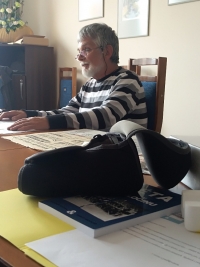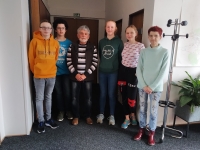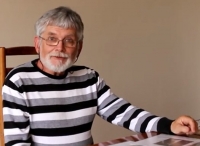Our favorite teacher was convicted in a contrived trial of counter-revolution

Download image
Ladislav Havrda was born in Česká Skalice on March 17, 1952 into the family of a painter, tradesman and local patriot. The father’s family originally owned a painting and varnishing factory, which they lost after 1948. In his early childhood, he experienced the disappearance of a popular teacher, whom the regime condemned for high treason. During his high school studies, the witness discovered the books written by Jaroslav Foglar and failed in scouting during the second Junák’s restoration. Subsequently, he initiated the resumption of scouting in the Czechoslovakia after 1989. In August 1968 he personally experienced the invasion of Allied troops in the Nachod region, with a friend proactively removed traffic signs and maps on August 21, 1968. He also participated in filming a documentary invasion of the occupying forces. Despite initial problems with his studies at high school, he eventually studied civil engineering and later specialised in restoration. In addition to these professions, he has been running a business since 1992 and has been intensively involved in art, publishing and writing theater, radio and experiential plays. In recent years, he has been debating with young people about scouting and the history of his native Czechoslovakia.


